So I have decided to give this topic another go-around for this week, not only because it really is that noteworthy, but also because I found some more weight and insight to it as I was putting it into practice this past weekend. In my previous post I mostly talked about how surprisingly difficult and counter-intuitive it was for me to put on the brakes and hold back my urges to play out the way that I do naturally – And please allow me to clarify here. I’m not saying this is the hardest thing to do or impossible, but merely that it is a challenge to think OPPOSITE of what you would normally thing. That’s all.
It was a challenge to me and so I put the challenge to you as well. Many of you sent me some cool emails, tweets, messages and comments about trying this on your own this past week and I’m very excited to hear how they turned out!
But as I let it soak in over the week I felt compelled to do this exercise again, but I limited my rules and tried to make a science experiment out of it. Knowing that I was fully capable of restraining my go-to way of playing (based upon the previous week’s experiment) I challenged myself to accomplish this on “autopilot” so that I could focus on something else. I don’t know where you are in your level of comfort and playing ability, but I found it easy to switch on this restrain once I intended for it to be there. Maybe it took a few minutes, and I may still have found my hands going for a few patterns that they wanted to play (influenced from muscle memory rather than musicality), but I got to the point within a song or so to where I didn’t have to think about it anymore. Before I knew it I was playing just the bass, with no fills, passing tones, turnarounds or fills. And it was easy.
I encourage you to get to that point in your own playing, if you’re not there already, for this very next point that I’m about to make. Here’s where the experiment came into play: I started to ask myself some questions about what was happening to the SONG, and to the other PLAYERS as well, as I was playing the music. Questions like:
– Does it sound better that the line is so simple? Because last week it was more of an exercise; just to see if I could do it. But does it sound better? Does it sound good? Or does it need that “fingerprint” of Jayme Lewis in there, those go-to licks that my hand wants to do so badly? Before I allowing myself to answer this question I knew that a few more needed to be asked first.
– Do the other players even notice? Could they tell that there was all of a sudden more room to play? I tried to listen intently and see if the ensemble would react to what I was doing (or not doing, rather), to see if the drummer did more fills in my absence, or the guitar player, or if they did nothing different at all. The cool thing about asking this question was that it allowed me to observe more and really listen to what they were doing.
– What are the other players doing in the space that I was once trying to occupy? I noted that the players weren’t really doing anything difference. Whether they noticed my simplicity or not I’m unsure of. But I did notice a few things that affected me. There was a particular turnaround where I would normally gliss up an octave and lead into the chorus. Funny thing – the guitar player did it too! I started to wonder, Did he always do that, and we walked over each other without me noticing? Or is he a great listener and he’s filling in the space that I left for him? There were similar instances with the drummer, the rhythm guitarist and vocalists throughout the weekend services. And here’s what I found interesting about ME: I usually pride myself in being an excellent listener within an ensemble (I think it’s the bass player’s #1 job in the group to do so), but I found MANY places throughout the set where I would have clashed with some of the other players had I left my hands up to their own devices without restraint.
So beyond the challenge of practicing restraint itself and knowing whether or not it’s necessary, appropriate or redundant, I learned that playing with this kind of control allows you to LISTEN more intently. When you can go on auto-pilot and not think about what you’re doing (and most importantly, doing VERY LITTLE in the song as well) then you get to really hear what everyone else is doing throughout the song. So here’s how I concluded this experiment: All of these questions I asked, all of the nuances I noticed, all of the answers, the convictions, the mistakes, the discrepancies with other players, the appropriateness of what I was doing, could do, or should do… I did it all during sound check.
I didn’t dare do this on stage in front of our congregation because that would have placed my attention where it didn’t need to be. But as I noticed all of these things during our sound check (which was basically a run-through of the set) I made mental notes of things to watch out for, things to listen for and things to pay attention to as I began to actually play. Because of our practice run I knew when to restrain, when to step out, when my guitar player was going to do a lick, which turnarounds belonged to the drummer and which ones were up for grabs… I figured all of this out without communicating a single word to any other member of the band, literally just to see if I could make what something fit with what THEY were doing.
Not to say you should do this every time you play, or even that it’s necessary or even important to take me up on this listening challenge, but I found it very insightful. It was a great learning experience, and truly put me in my place in terms of where I thought my listening capabilities were. If you do give this a try, please post your experiences below, I’d love to read them!

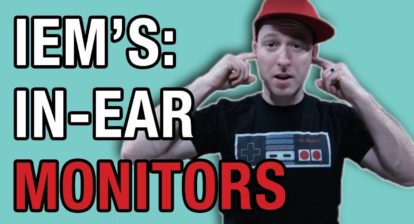

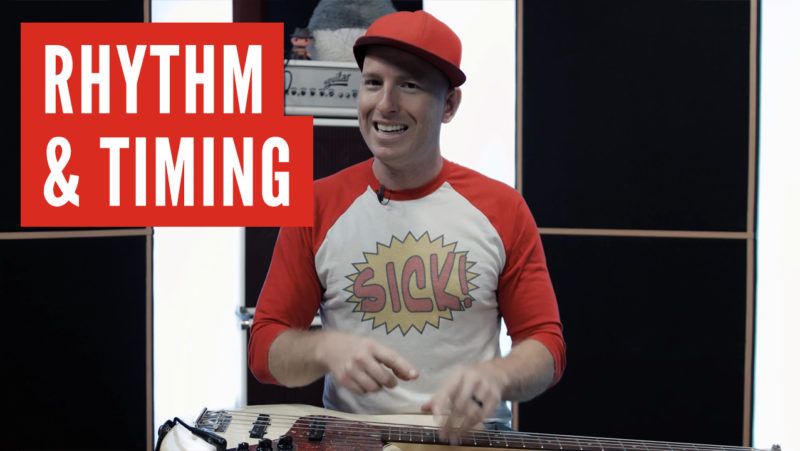
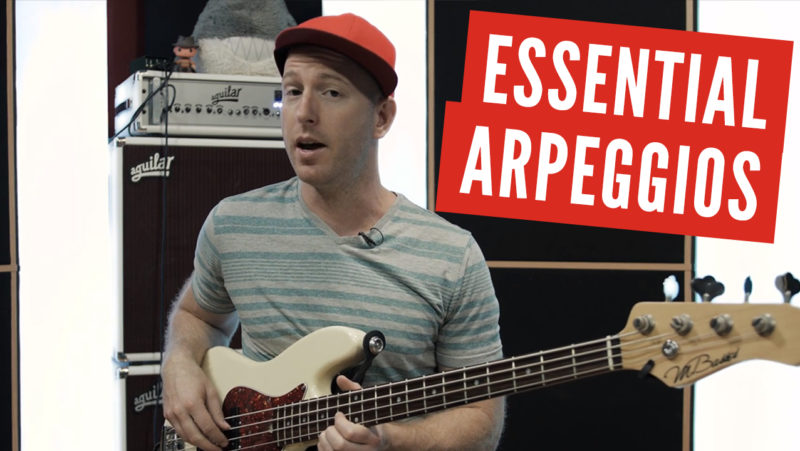
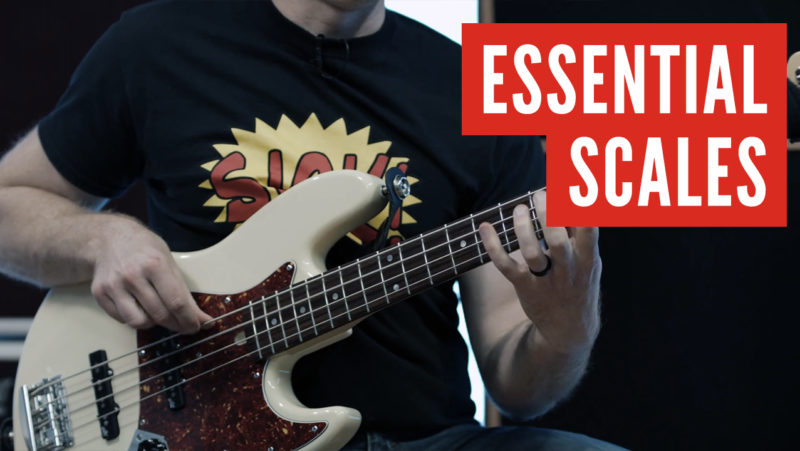
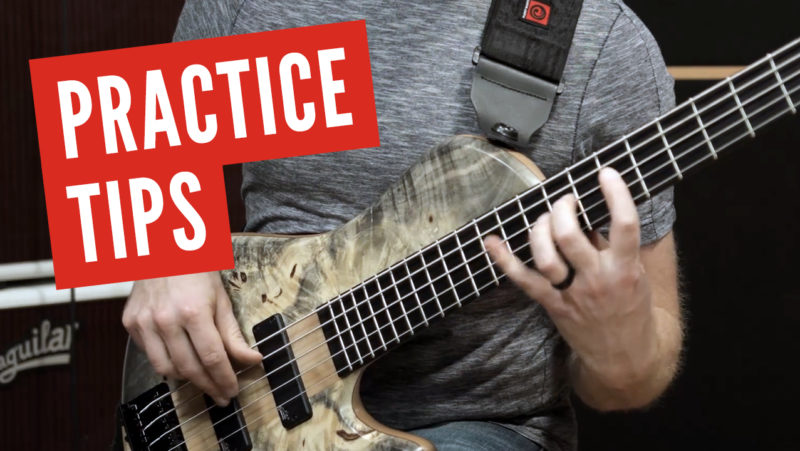
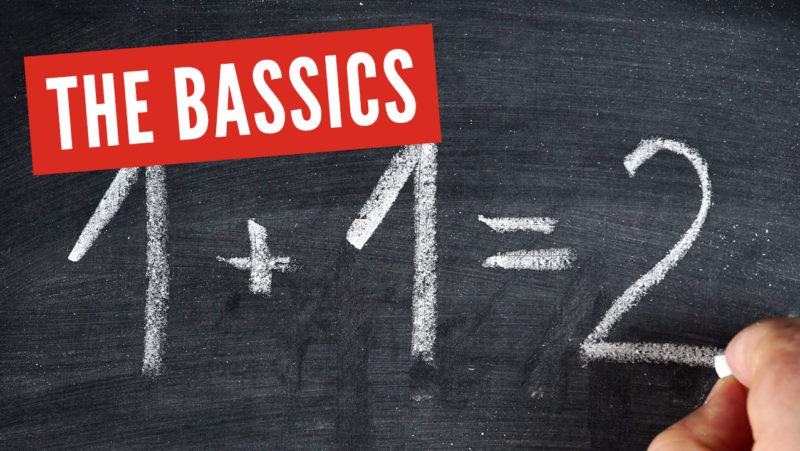
Erwin
Jayme,
A few years ago I started to do the same….I called it Less is More 😉 In the beginning it was hard but after a while I discovered the freedom it created in the music. My students and band members call me Spaceman…I always find the places in the music to create extra and usable space.
Ervery time I read or listen to your podcasts and read the blogs I grow as a person and musician…ready to share the news 😉
Bless you Bro….Gruvz….Erwin.
Jayme
Spaceman… I like it! An excellent thing to be known for, for sure! Thanks so much for chiming in Erwin, really glad that you’re digging it! It truly means a lot to know that your work is appreciated 🙂